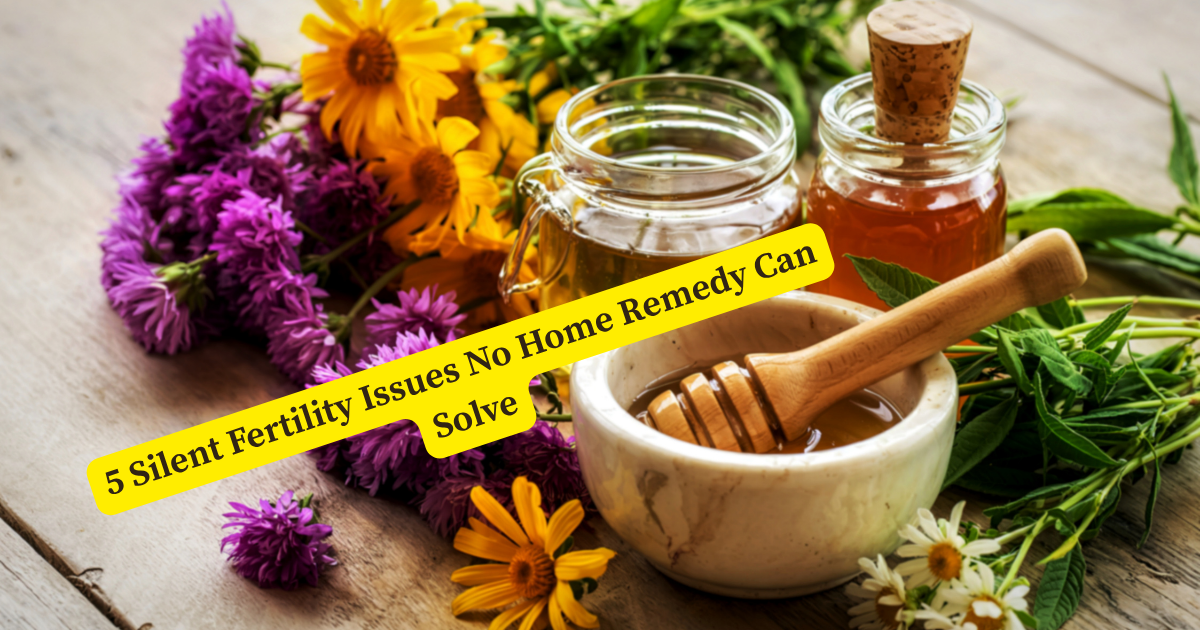
Have you ever tried everything from herbal teas to yoga, hoping to boost your fertility, only to feel stuck or frustrated? You're not alone. Fertility can be a mysterious puzzle, and sometimes the pieces hiding beneath the surface are bigger than what a home remedy can handle. Just like a car that looks fine on the outside but has engine trouble under the hood, your body can be giving signs that something’s off—something only an expert can diagnose.
Discover 5 hidden fertility issues only treatable by an IVF Specialist Doctor in New Delhi. Understand when to seek professional help for lasting solutions.
If you’re wondering “When should I call an IVF specialist doctor in New Delhi?” or “Are my struggles simply temporary or a deeper issue?”, this article is for you. Together, we'll walk through five silent fertility issues—issues that no herbal remedy, workout plan, or diet change alone can fix. We'll keep it simple, conversational, and human. After all, fertility isn’t just biology—it’s hope, dreams, and emotion.
1. Unexplained Ovulation Problems
What it means
Ovulation is like a monthly “ticket” your body hands you to try for a baby. If you don’t ovulate, you don’t get that ticket. Sometimes, women don’t know they’re not ovulating—they just see irregular cycles or none at all.
Why it’s silent
Because you may still get a period (not always), or cycles may be just irregular—so you think everything is fine. But hormones are out of sync behind the scenes.
Why home remedies won’t cut it
You might eat well, exercise, take supplements—and that’s great—but if the root cause is a hormonal imbalance (like thyroid trouble, PCOS, or pituitary issues), you’ll need tests and likely professional hormone therapy. Only a trained expert—like an IVF specialist doctor in New Delhi—can diagnose and treat that properly.
The takeaway
If your cycle hasn’t been regular for 3–6 months and you’re trying to conceive, get a hormone panel and see a specialist.
2. Blocked or Damaged Fallopian Tubes
What it means
The fallopian tubes are like highways delivering eggs to meet sperm. If those highways are blocked or scarred, no matter how strong your engine (ovaries) or how fast your wheels (sperm), the trip can't happen.
Why it’s silent
There may be no pain, no symptoms—just infertility. You might think “everything seems fine,” yet the tubes could be impaired from infections, surgery, or other conditions.
Why home remedies won’t cut it
You can’t “unblock” a tube safely with herbs or massage. Imaging tests (like HSG, ultrasound, or laparoscopy) are needed, and if damage is present you’ll likely need surgery or assisted reproductive methods like IVF.
The takeaway
If you’ve tried for a year (or six months if you’re older than 35) without success, ask about tubal testing.
3. Severe Endometriosis
What it means
In Endometriosis, tissue that usually lines the uterus grows outside it—on ovaries, tubes, or other organs. When this spreads, it causes scar tissue, inflammation and can wreak havoc on fertility.
Why it’s silent
Sometimes endometriosis shows little or no pain, especially in early stages. You might assume pelvic pain is just “normal period cramps.” But when it’s more severe, it can block tubes, damage eggs, or affect sperm movement.
Why home remedies won’t cut it
Pain relief and diet tweaks may ease discomfort, but they won’t reverse the deep scar tissue or inflammation affecting your reproductive organs. Surgical treatment or IVF may be required under the guidance of an IVF specialist doctor in New Delhi.
The takeaway
If you’ve had unexplained pelvic pain, painful periods, or infertility, you must ask about endometriosis evaluation.
4. Low Ovarian Reserve (Diminished Ovarian Reserve)
What it means
Think of your ovaries as a fruit basket. Each egg is a fruit—and when you’re younger, the basket is full. Over time, the basket empties. Low ovarian reserve means there are fewer eggs and, often, lower quality.
Why it’s silent
You might still be 30 and have regular cycles—but fewer eggs than expected. So normal monthly rhythms may mask underlying decline.
Why home remedies won’t cut it
You can’t fill the basket back up with vitamins or lifestyle alone. Tests like AMH (anti-Müllerian hormone) or antral follicle count via ultrasound are needed to assess reserve. Treatments like stimulation, egg freezing, or IVF may only be recommended by a fertility specialist.
The takeaway
If you’re over 35—or younger with a known risk (family history, surgery, etc)—check your ovarian reserve sooner rather than later.
5. Male Factor Infertility – Hidden But Real
What it means
Often, when couples don’t conceive, all attention goes to the woman—but about half the time, there’s a male factor: low sperm count, poor motility, abnormal shape or function.
Why it’s silent
Men usually don’t get “periods” or similar signals. Unless you test, you might assume “everything the man is fine.”
Why home remedies won’t cut it
Lifestyle changes (cutting alcohol, stopping smoking, improving diet) help—but if there’s a genetic or structural issue (varicocele, hormonal imbalance, or blockage), you’ll need an evaluation by a specialist. Only then can you decide on therapies or assisted methods.
The takeaway
Couples should be thinking “me + him/her”—both partners evaluated early, not just one.
6. Why Home Remedies Fall Short
They don’t identify root causes. A tea, exercise regime, or supplement might feel good, but if a tube is blocked, a hormone is off, or a male sperm problem is present—you’ll still face the same barrier.
Fertility is multi-layered. Think of it like building a house: you need a strong foundation (healthy ovaries/sperm), solid walls (good tubes, uterus), and utilities (hormones). Home remedies may fix a bit of the paint, but not the plumbing.
Time is of the essence. Delaying proper diagnosis may decrease your chance of success—especially if age or ovarian reserve are playing a role.
No "one size fits all." What works for one may be ineffective or unsafe for another. A specialist designs a customised plan, home remedies cannot.
7. When to See an IVF Specialist Doctor in New Delhi
So how do you know when to stop trying “on your own” and call in the pro?
After 12 months of trying (or 6 months if you’re 35 or older) without conception.
If you have known risk factors: history of pelvic infection, surgery, irregular cycles, male partner issues, endometriosis, family history of early menopause.
If you’ve had repeated miscarriages. That may signal a structural or chromosomal issue needing specialist attention.
If you’re over 35 and want to be proactive rather than reactive. Time is a factor for fertility.
Visiting an IVF Specialist Doctor in New Delhi early gives you the best chance—not only of understanding what’s going on, but of choosing the right steps forward.
8. What to Expect at Your First Specialist Visit
Getting ready for your first visit may feel a little nerve-wracking, but here’s what typically happens:
A full history: your cycle length, prior pregnancies or treatments, surgeries, partner’s health.
Physical exams and tests: ultrasound, hormone profile, semen analysis (for the partner).
Discussion of findings: your specialist will explain any issues, their severity, and possible treatments.
Plan of action: you’ll receive clear steps—maybe lifestyle tweaks, maybe advanced treatment. But you’ll leave with knowledge, and that’s power.
Remember: this visit isn’t about judgement—it’s about clarity and action.
9. Medical Treatments That Actually Work
When home remedies aren’t enough, here are some of the professional options your specialist might recommend:
Ovulation induction & hormone therapy: For ovulation problems, your specialist may give medications to regulate hormones.
Surgery: To clear blocked tubes or remove endometriosis spots, surgical options might be recommended.
Assisted reproductive technologies (ART): This includes In Vitro Fertilization (IVF), ICSI (injecting sperm into the egg), egg/sperm donation, embryo freezing.
Male fertility treatments: Varicocele surgery, hormone therapy, retrieval of sperm directly from the testicles if necessary.
Personalised protocols: Age, diagnosis, previous treatment history—all determine a customised plan. Only a trained IVF Specialist Doctor in New Delhi can guide you accurately.
10. Lifestyle Doesn’t Replace Medical Help (But Still Helps)
Even as you pursue professional treatment, your lifestyle matters. Think of lifestyle changes as the supportive scaffold, while the specialist’s treatment is the core structure.
Healthy diet: Balanced, nutrient-rich meals support egg and sperm quality.
Regular exercise: Keeps weight in range, reduces stress, improves circulation.
Avoid toxins: Smoking, excessive alcohol, drug use—these undermine fertility.
Manage stress: Chronic stress throws off hormones. Meditation, yoga, support groups help—though they don’t fix structural issues alone.
Sleep: Good sleep regulates hormones and resilience.
By working on these, you’re giving your treatment the best chance of success.
11. Emotional Support and Coping During Treatment
Fertility journeys sometimes feel like a marathon with invisible markers. It’s okay to feel tired, hopeful, disappointed, and hopeful again—all at once.
Talk openly: With your partner, friends, or a counsellor about how you feel.
Set realistic expectations: Your specialist will explain odds. Understanding helps maintain balance.
Celebrate the small wins: Even scheduling the appointment or completing a test is progress.
Don’t compare: Someone near you may conceive quickly—but your journey is unique.
Your emotional strength supports your physical journey—and a good specialist will acknowledge and support both.
12. Choosing the Right Clinic and Specialist
This choice matters. When looking for an IVF Specialist Doctor in New Delhi, consider:
Credentials & experience: Ask about how many cycles they’ve done, success rates, complications.
Transparent communication: You should understand what’s wrong, what’s possible, and what to expect.
Facilities & technology: Modern labs, embryology units, and support services matter.
Team and support services: Nutritionists, counsellors, nursing staff—all play a role.
Costs and realistic timelines: Fertility care can be expensive. Your specialist should outline cost and timeline clearly.
Choosing a great clinic and specialist sets the tone for your journey—not just medically, but emotionally.
13. Questions You Should Ask Your Specialist
Heading into your appointment? Here are some key questions to have in your pocket:
What is my primary diagnosis?
What are the first steps we’ll take and why?
What are my chances given my age, test results and history?
What are the risks associated with the recommended treatment?
What will the costs include (tests, medications, monitoring, procedure)?
How do you handle failed cycles? What’s the backup plan?
What lifestyle changes should we make now to improve chances?
How often will we meet? How will you keep me informed?
By asking these, you engage actively in your care—rather than passively hoping everything will work out.
14. Myths vs. Reality in Fertility Care
Let’s clear up some common misunderstandings that can derail or delay your decision to see a specialist:
Myth: “If all we do is eat right and relieve stress, we’ll conceive.”
Reality: Good lifestyle helps—but underlying issues like blockages or low reserve need professional care.Myth: “Only older women need Dr. visits.”
Reality: Fertility issues can appear in younger women and men too—early evaluation helps.Myth: “IVF always works first time.”
Reality: IVF is a powerful tool—but it has limits depending on diagnosis, age, egg/sperm quality. Your specialist will explain odds.Myth: “If I conceive naturally, I didn’t really have a problem.”
Reality: Some couples conceive despite issues—luck plays a part. But the same issue may cause problems in future pregnancies.
The takeaway? Trust your specialist, ask questions, and avoid relying solely on hearsay or “miracle” cures.
Conclusion
Facing fertility challenges often feels like standing at a locked door and trying every key you know—home remedies, lifestyle tweaks, advice from friends—but the door stays shut. With the five silent issues we’ve discussed—ovulation problems, blocked tubes, endometriosis, low ovarian reserve, and male factor infertility—the lock is deeper. You need the right key: a diagnosis and treatment from a qualified IVF Specialist Doctor in New Delhi.
Don’t let time slip by, waiting for “just one more thing to work.” Early evaluation gives you clarity, options and hope. Your journey isn’t about blame—it’s about answers, actions, and possibility. When the puzzle’s pieces are in place, the picture becomes clear. A specialist can help you build that picture—plus the plan to make it real.
Frequently Asked Questions (FAQs)
1. How common are fertility issues that require specialist care rather than home remedies?
A – Quite common. Many couples who don’t conceive within 12 months (or 6 months if over 35) have underlying conditions such as those covered in this article. Home remedies may support but not substitute specialist treatment.
2. At what age should I consult an IVF specialist doctor, especially in New Delhi?
A – If you’re under 35 and have been trying for 12 months without success—or if you’re over 35 and trying for 6 months—it’s wise to seek evaluation. Also consult sooner if you know you have risk factors (past surgeries, irregular cycles).
3. Can lifestyle changes still improve my fertility even if I have one of the issues listed?
A – Absolutely. While lifestyle tweaks alone won’t fix structural or hormonal problems, they improve overall health, egg/sperm quality and boost your treatment’s success when you visit a specialist.
4. Is seeing an IVF specialist doctor in New Delhi expensive? Will I be pressured into high-cost treatments?
A – Costs vary widely. A good, reputable specialist will review your case, discuss less aggressive first steps if appropriate, outline costs transparently and only propose advanced treatments (like IVF) when necessary.
5. What if my partner’s test shows low sperm count—does this mean no chance for pregnancy?
A – Not at all. Low sperm count is common and there are many treatment options—from lifestyle changes and medical therapy to assisted techniques like ICSI. The best path is guided by a specialist who evaluates both partners.

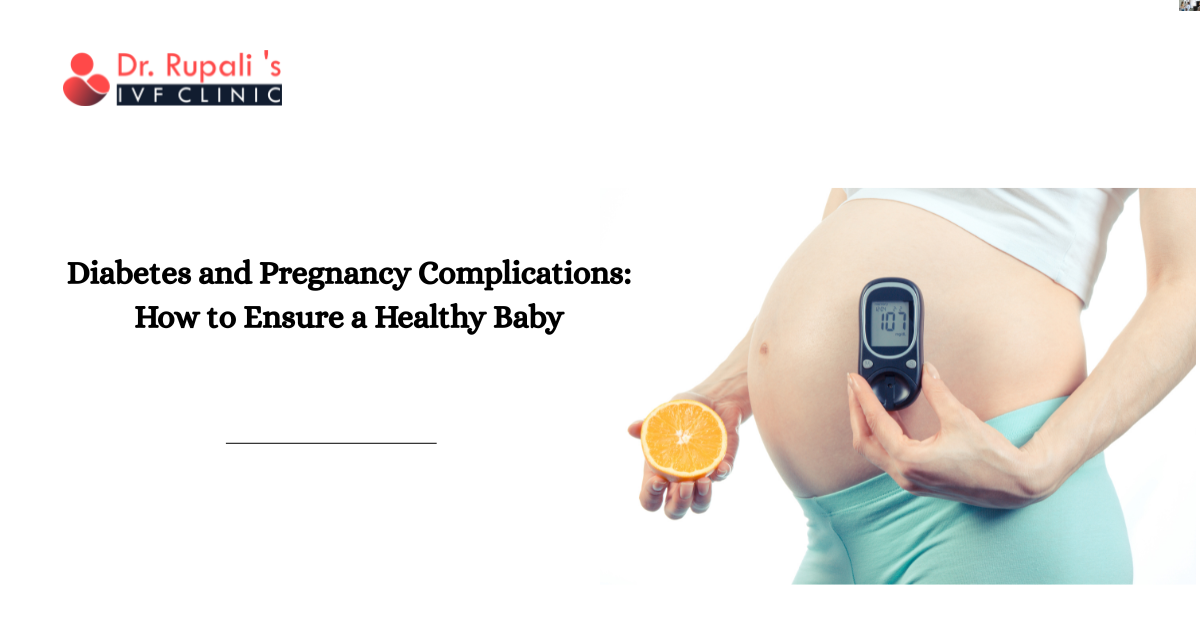




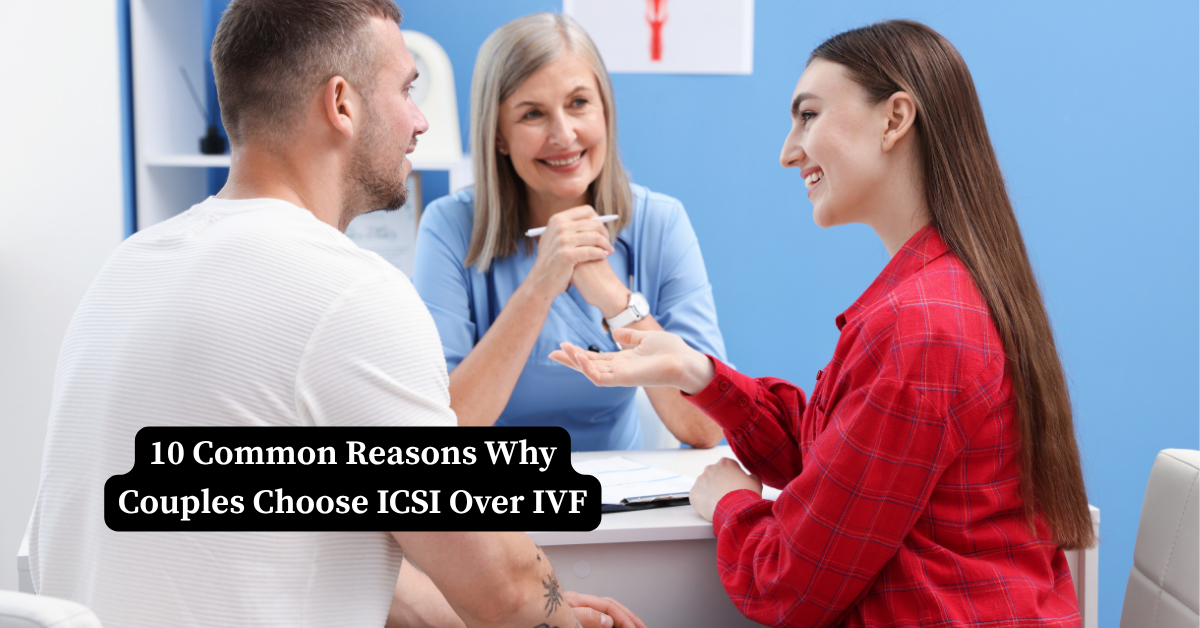
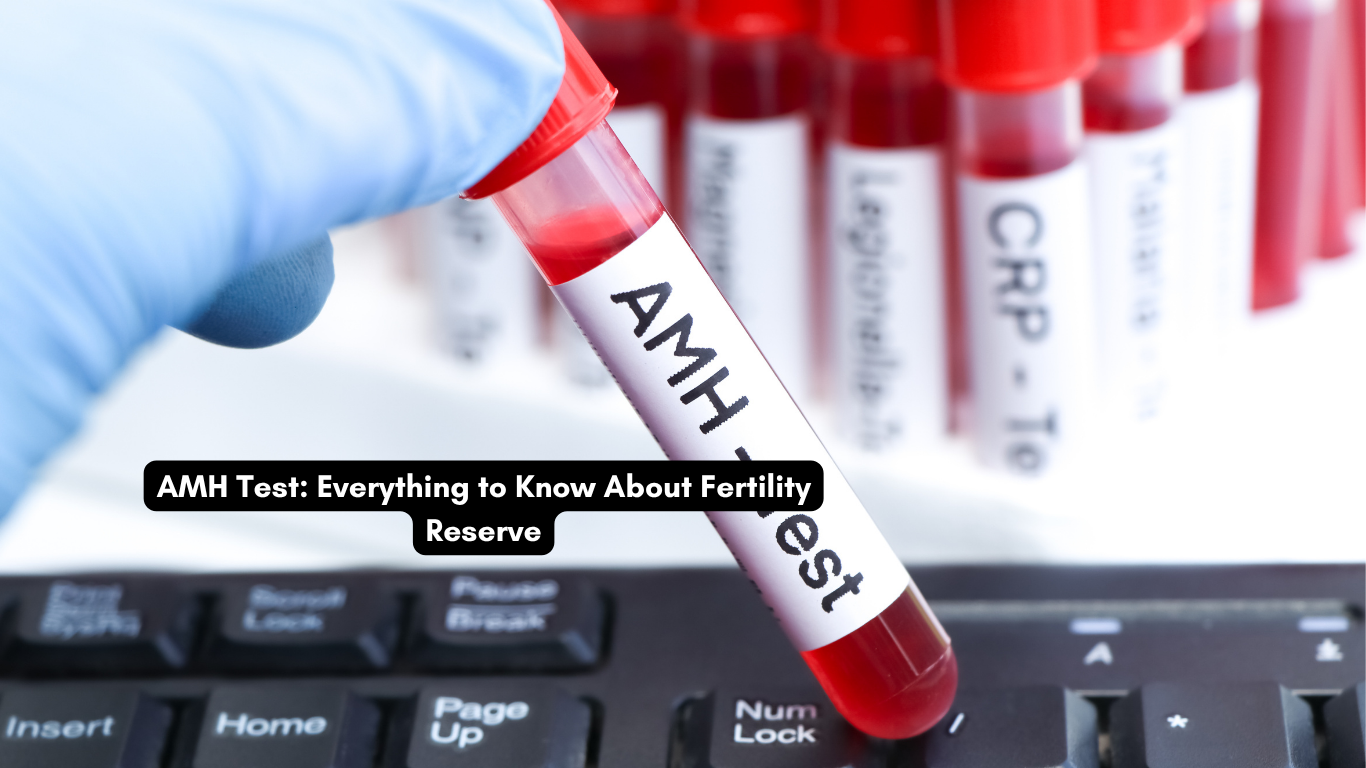
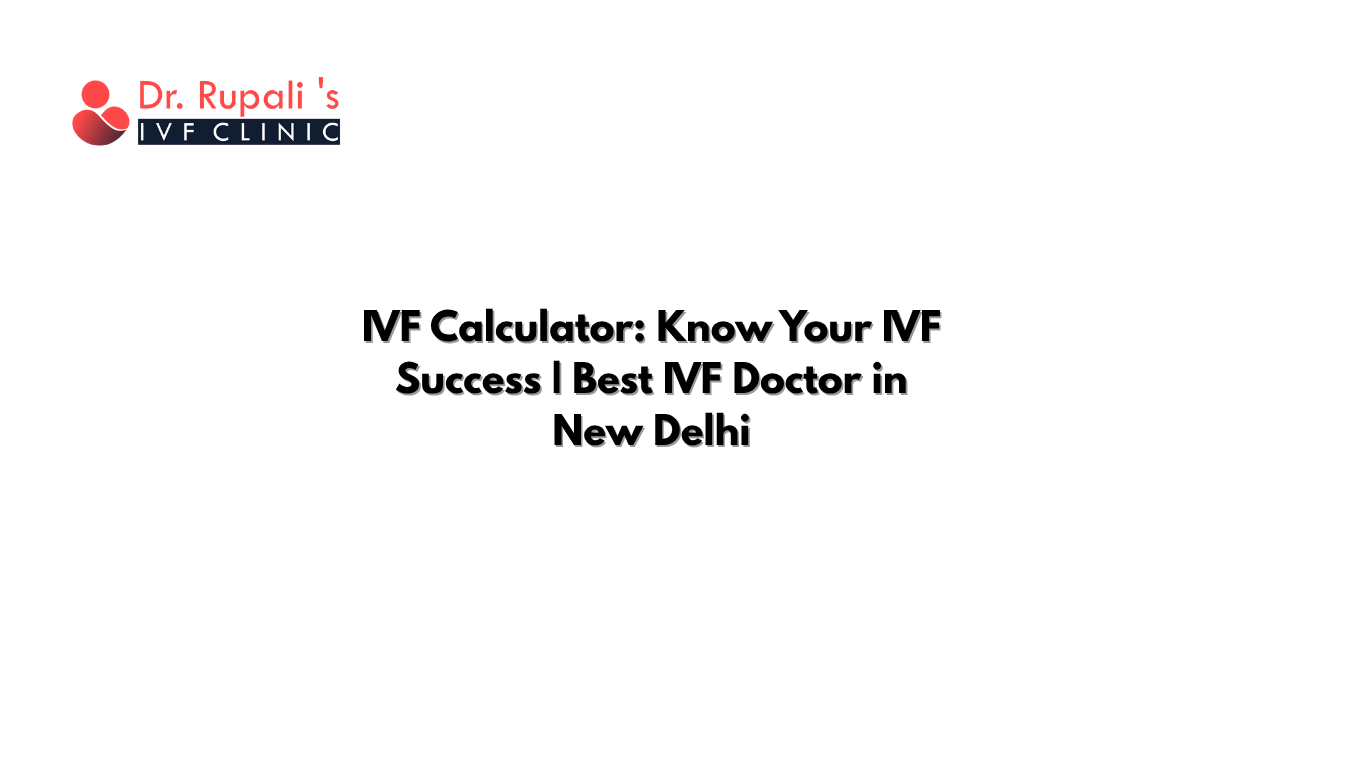
Write a comment ...